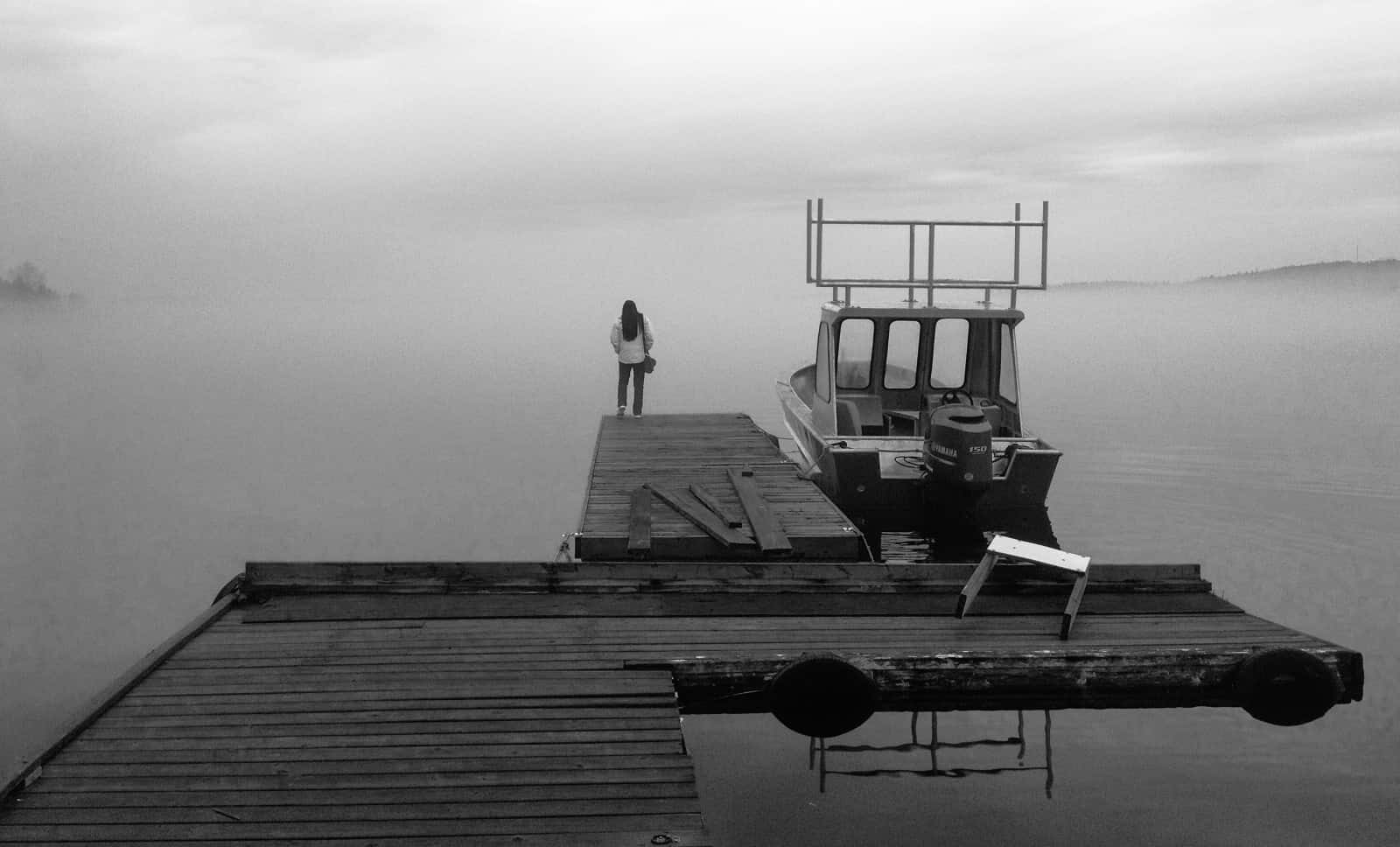- About
- Research
-
-
- Special Reports & Features
- Pretendians and Publications: The Problem and Solutions to Redface Research
- Pinasunniq: Reflections on a Northern Indigenous Economy
- From Risk to Resilience: Indigenous Alternatives to Climate Risk Assessment in Canada
- Twenty-Five Years of Gladue: Indigenous ‘Over-Incarceration’ & the Failure of the Criminal Justice System on the Grand River
- Calls to Action Accountability: A 2023 Status Update on Reconciliation
- Data Colonialism in Canada’s Chemical Valley
- Bad Forecast: The Illusion of Indigenous Inclusion and Representation in Climate Adaptation Plans in Canada
- Indigenous Food Sovereignty in Ontario: A Study of Exclusion at the Ministry of Agriculture, Food & Rural Affairs
- Indigenous Land-Based Education in Theory & Practice
- Between Membership & Belonging: Life Under Section 10 of the Indian Act
- Redwashing Extraction: Indigenous Relations at Canada’s Big Five Banks
- Treaty Interpretation in the Age of Restoule
- A Culture of Exploitation: “Reconciliation” and the Institutions of Canadian Art
- Bill C-92: An Act respecting First Nations, Inuit, and Métis Children, Youth and Families
- COVID-19, the Numbered Treaties & the Politics of Life
- The Rise of the First Nations Land Management Regime: A Critical Analysis
- The UN Declaration on the Rights of Indigenous Peoples in Canada: Lessons from B.C.
- View all reports.
- Special Reports & Features
-
-
- Yellowhead School
- The Treaty Map
- LIBRARY
- Submissions
- Donate
BY THE TIME YOU READ THIS, you’re probably already in self-isolation. Or at least considering it. Covid-19, a strain of coronavirus, was declared a pandemic by the World Health Organization on March 11th.
What has followed will likely be looked back on as the largest, most rapid, coordinated response by governments, organizations, companies and citizens to contain and lessen this impact of this pandemic.
Protecting our Elders
First and foremost, the response you’re seeing to Covid-19 is about containment. Andre Picard from the Globe and Mail wrote an important and helpful article about this recently. The reason why you’re seeing sporting events, concerts, conferences and other events cancelled across the world is that we are taking the risk of transmission very seriously. This has included the Little Native Hockey League (LNHL) tournament, the Anishinaabeg-Teg language revitalization conference, and many more gatherings across the country. These are heartbreaking decisions to make.
This is also why many health authorities across Canada are now asking travellers internationally to self-isolate for 14 days upon their return. At least one Northern Jurisdiction and one First Nation are asking people to refrain from non-essential travel to their communities all together.
While this may seem extreme, there are two good reasons for this response. First, we learned a lot of lessons from the SARS outbreak in 2003 and the H1N1 pandemic in 2009. The capacity for infection testing has increased, mobilizing public information is happening almost in real-time, and the rapid response escalation means that doctors have a much better handle on how significant this outbreak could become. And in turn, how we can respond.
Secondly, when we talk about containment of covid-19 we’re talking about containment for the sake of our Elders and those with chronic medical conditions.
It’s really tempting to focus on the risks from covid-19 that apply to ourselves. But it has become clear (for now at least) that most patients less than 50 years old and who are otherwise healthy are unlikely to develop serious sickness.
A Unique Pandemic
This is one of the major reasons why this pandemic is so different – and potentially more dangerous – from ones we’ve experienced in the recent past: many of those infected don’t experience major issues or symptoms. Since we feel healthy, we don’t change our day to day activities and then expose those who are at higher risk.
This can be seen in Italy, where there are high concentrations of the virus and disease among the elderly. From its first reported Covid-19 case, rates have soared to more than 24,000 with more than 1,800 Covid-19 related deaths. Many more by the time you read this. While only a handful of these deaths include patients under 50, younger patients are being impacted in other ways.
Italy has a very advanced health system, with good health infrastructure. In the place hardest hit by covid-19, 605 of 615 intensive care unit beds are filled. It is likely that hospitals will be overwhelmed by those that are susceptible, leading to downstream loss of access for other types of healthcare like non-emergent surgeries and other treatment. If we do not contain, our hospitals and community health services are very likely to be overwhelmed.
Advice for Families
In my family, there are three generations that interact regularly (my parents are both older than 60 but don’t like to be called elderly). Our families eat together, socialize, teach, play and live in close proximity.
How do you self-isolate when lives are so closely intertwined?
As families, we’ve all made the commitment to stay away from non-essential social events. I’ve personally cancelled many local conferences and gatherings I was supposed to attend. None of us are travelling internationally for the next few weeks, which may stretch into months depending on how Covid-19 evolves. We are keeping careful track of where we go, the people we come in contact with and monitor our own symptoms. I currently don’t shake hands. I make sure to wash regularly with soap and water throughout the day.
Close proximity is a major danger to my parents, but the closeness of our relationships is also a protection if that leads us to be more mindful.
Watch for the symptoms and warning signs of Covid-19 which include:
- Fever
- Cough
- Shortness of breath
If exhibiting these symptoms, call ahead to your doctor, hospital or nursing station (if available) let them know you’re coming and are concerned about covid-19. When you arrive, they may take a swab of your nose or mouth or ask for a sample of sputum. You will be asked to return home and self-isolate while the testing is being processed.
If you develop the following, seek emergency treatment immediately:
- Persistent pain or chest pressure
- Bluish lips or face
In these cases, don’t worry about calling the hospital ahead but let them know as quickly as possible that you are concerned about Covid-19 when you arrive. They will test for Covid-19 and initiate appropriate treatment.
If you’re travelled internationally over the last couple of weeks or been in close contact with those who’ve travelled internationally, recognize that you can be a carrier of Covid-19 and not have significant symptoms. If you’ve been exposed, if can take up to 14 days before symptoms appear.
Do your part with ensuring containment:
- Avoid contact with sick people
- Stay home if you’re sick
- Cough or sneeze into your elbow and wash your hands once available
- Disinfect frequently touched surfaces with the proper wipes or cleaning solutions
- Wash your hands often
- Don’t touch your face
- Only wear a mask if you think you’re sick, masks will do little to prevent you from getting sick but will help you from getting other people sick
Where do we go from here?
It is unclear how quickly this coronavirus will spread in Canada and in Indigenous communities or how long it will last. It is also unclear what federal preparations are in place for First Nation communities.
At the moment, we can simply do our part to slow the transmission to avoid overwhelming the healthcare systems.
That being said, given how rapidly evolving the situation is, this advice may also evolve. Try to monitor your local public health communications. If in a First Nation context, your band administrator or director of health may be providing updates. We can hopefully all rely on our families, across the generations, to be mindful of each other.
Citation: LaFontaine, Alika. “COVID-19 and Indigenous Communities: Family Conversations.” Yellowhead Institute, 16 March 2020, https://yellowheadinstitute.org/2020/03/16/covid-19-indigenous-communities/



